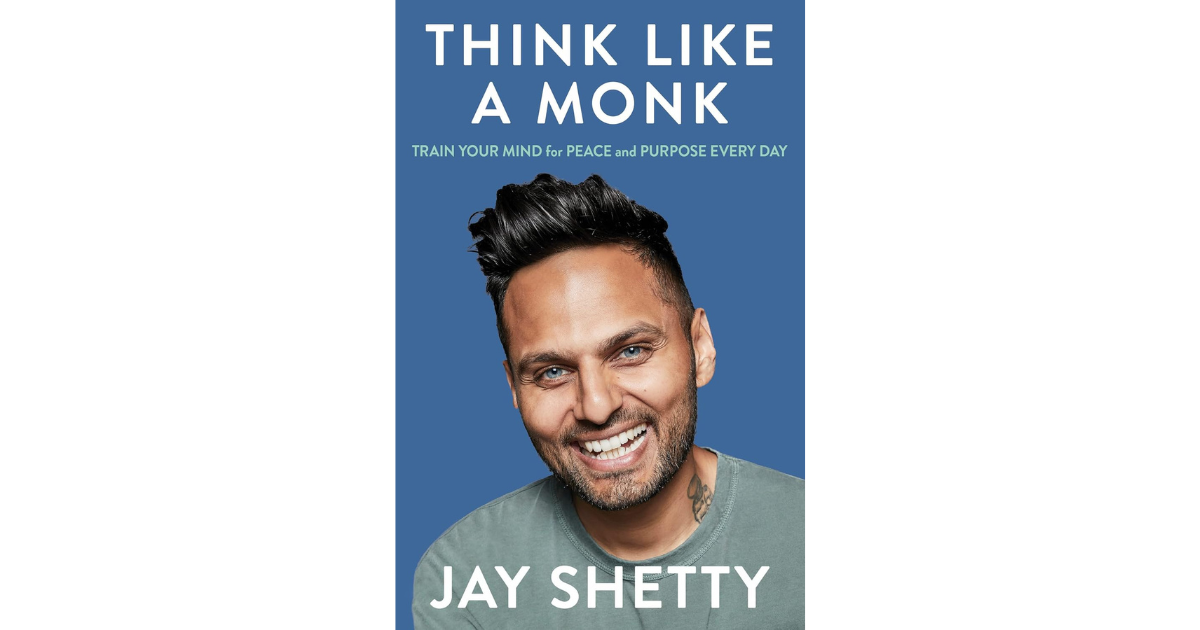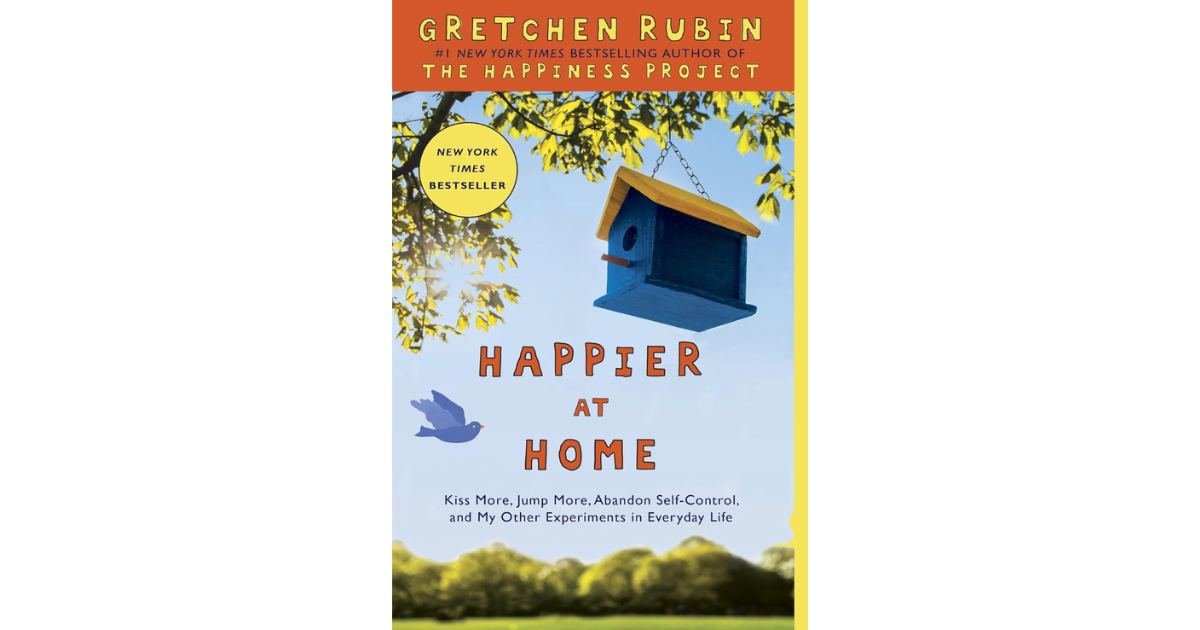Business Book Review: Happy Money by Ken Honda
Is your money smiling or crying? Is it unhappy or happy? What energy is the flow of your money charged with? Learn more in my latest business book review, Happy Money by Ken Honda.
My Rating: ★★★★★
Length: 240 pages
Publisher: Gallery Books
Released: 2019
Key Takeaways for Personal Branding
Happy Money, by Japan’s “Zen Millionaire” Ken Honda, will have you seeing your money in a whole new way. It will no longer be just a piece of paper or numbers in your bank account. Happy Money will help change your relationship with the money you have, give and receive.
Money is Energy
As an intriguing start to the book, Honda shares his chance encounter with a woman at a party who boldly asks to see his wallet. The stranger proceeded to assess each bill, giving each note her approval. She then tells him, “I was checking to see if your money was smiling”. To the curious Honda, she explains:
“Money can laugh or cry depending on how it is given or received. If it is given out of guilt anger or sadness, the money will be “crying”. In contrast, if the money is given out of love, gratitude, or happiness, the money will be smiling - even laughing, because it will be imbued with the positive energy from the giver.”
Happy versus Unhappy Money
The book proposes there are two kinds of money:
Happy Money e.g. the 10-year old boy using his money to buy his mum flowers
Unhappy Money e.g. begrudgingly paying your rent, bills and taxes
You are in a flow of either happy or unhappy money.
Honda proposes it’s, therefore, not how much money you make or have, but whether your money is happy or unhappy. It’s about the energy for which it was received and given.
Applying this back to personal branding, personal branding always encourages you to make the most of your skills and talents. And in doing so, all the money you receive should be “happy money”. Because your work is charged with positive energy.
The Myth of Scarcity
Like many in self-development (though rare among finance authors), Honda highlights what he proposes is the myth of scarcity—believing in things being unfair and that everything is a zero-sum game. This is the belief that a game has two sides, and if someone else wins, it means you can’t and vice versa. Relating to money it’s believing that because someone else has a lot of money you can’t. The scarcity mindset is the belief in limited resources.
Honda highlights the alternative to this as being with a mindset of integrity, generosity and abundance. Though he doesn’t call it as such, in popular culture this would be the abundance mindset.
As I apply this to personal branding, people often misunderstand that personal branding can be about putting yourself above others. This is far from the case. It’s about having an abundant mindset and that, if everyone is living to their personal full potential, the whole is still greater than the sum of the parts.
Learning to Maro Up
In Japanese, Maro is short for magokoro meaning “true of sincere heart”. A very wealthy (and happy) businessman and mentor told Honda that those in touch with Maro always create win-win situations for themselves and those around them. With a pure and sincere heart, the universe will support you. So, when you “Maro up”, you attract miracles into your life.
To simplify some of this concept, Honda proposes you:
Become magnetic, both omitting and attracting positive energy
Become passionate and energised to do the things you care about most and are most intuitive
Express more gratitude and this becomes contagious
When it comes to personal branding, I often say to adopt a magnetic mindset. Attracting the energy you wish to receive and finding your people for your personal brand.
Favourite Quotes for Your Personal Brand
Even if you have all the money in the world, if your mind is not free, you lose the real advantage of that wealth.
Don’t get discouraged by the first misfortune. Think of it instead as getting one step closer to success. For after losing some, you will attract more.
…we may buy things so we look better than others. The world is full of “brand names”. Otherwise, rational humans actually pay extra money to advertise expensive goods for someone else.
Unless you are into fashion as a hobby or appreciate it as an art form, truly wealthy people don’t necessarily feel the need to buy famous brands for the sake of looking good.
You are responsible for the charge of energy you infuse your money with.
Honda is a unique voice in the world of finance. With his Zen-like ease, he addresses the elephant in the room so many of his counterparts miss when talking finance - mindset emotion and happiness.
Happy Money by Ken Honda: Available on Amazon.





